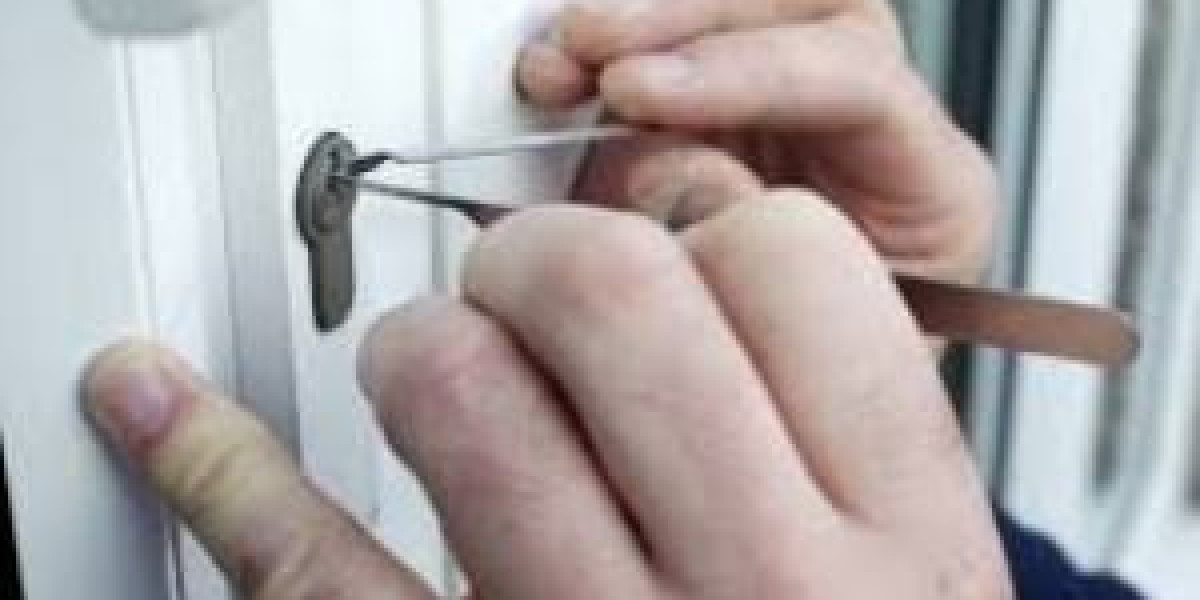Navigating Home Glass Repairs: A Comprehensive Guide
In the realm of home upkeep, couple of problems can interrupt the aesthetic and functional integrity of a living area like broken glass. Whether it's a split window, a shattered mirror, or a damaged door, the task of repairing or replacing glass can appear challenging. Nevertheless, with the ideal understanding and resources, home glass repairs can be managed efficiently and efficiently. This short article delves into the subtleties of home glass repairs, providing a step-by-step guide and addressing typical FAQs to empower property owners with the info they require.
Understanding the Importance of Glass Repairs
Glass is an essential part of any home, serving both practical and aesthetic functions. It enables natural light to brighten interiors, offers insulation, and includes a touch of beauty and modernity. When glass is damaged, it can jeopardize the security and energy effectiveness of a home. Cracks and breaks can cause drafts, increased energy bills, and even pose a danger of injury. Therefore, prompt and expert glass repairs are important to maintaining a safe and comfy living environment.
Common Types of Glass Damage
Before diving into the repair procedure, it's important to determine the kind of glass damage you're dealing with. Here are some common issues:
- Cracks: Small, linear breaks in the glass that can top time.
- Chips: Small pieces of glass that come off, often due to impact.
- Shattered: glass window repair that has burglarized several pieces, usually needing full replacement.
- Fogged Windows: Condensation between the panes of double glazed windows repairs-glazed windows, indicating a seal failure.
- Scratches: Minor surface area damage that can affect visibility and appearance.
DIY vs. Professional Repair
When it comes to glass repairs, homeowners often face a problem: attempt a DIY fix or contact a professional. The choice mostly depends upon the extent of the damage and your convenience level with the process.
Do it yourself Repairs:
- Pros: Cost-effective, instant action, and a sense of accomplishment.
- Cons: Limited to minor repairs, possible safety dangers, and the possibility of voiding warranties.
Expert Repairs:
- Pros: High-quality work, security, and durability.
- Cons: Higher cost and prospective wait time.
For small concerns like little chips and scratches, DIY solutions can be reliable. Nevertheless, for more serious damage such as fractures and shattered glass, it is suggested to consult an expert to ensure the repair is done properly and safely.
Step-by-Step Guide to DIY Glass Repairs
If you choose to tackle a minor glass repair yourself, follow these actions:

Assess the Damage:
- Determine the nature and extent of the damage.
- Ensure the glass is not shattered or positions a considerable safety risk.
Gather Tools and Materials:

- For Chips: Clear epoxy resin, putty knife, rubbing alcohol, and a tidy fabric.
- For Scratches: Glass etching substance, a rubbing pad, and a microfiber cloth.
Prepare the Surface:
- Clean the damaged location completely with rubbing alcohol to get rid of any dirt or particles.
- Dry the surface area entirely.
Use the Repair:
- For Chips:
- Apply a percentage of clear epoxy resin to the chip.
- Utilize a putty knife to smooth out any excess.
- Permit the resin to treat according to the producer's instructions.
- For Scratches:
- Apply a percentage of glass etching compound to the scratch.
- Buff the area with a rubbing pad until the scratch is no longer visible.
- Clean away any residue with a microfiber fabric.
- For Chips:
Check the Repair:
- Inspect the glass to make sure the repair is smooth and devoid of any visible marks.
- If the repair is not acceptable, you might need to reapply the compound or resin.
When to Call a Professional
While DIY repairs can be an affordable option for minor issues, there are times when expert intervention is essential. Here are some scenarios where it's finest to employ a professional:
- Cracks: While little fractures can often be fixed with epoxy, bigger fractures often require professional attention to prevent more damage and guarantee security.
- Shattered Glass: Shattered glass poses a significant safety threat and is finest handled by experts who have the needed tools and experience.
- Fogged Windows: Fogged windows suggest a seal failure, which normally needs a total replacement of the window pane.
- Complex Repairs: If the glass is part of a custom or distinct fixture, a professional can make sure the repair is done to a high requirement and matches the original.
Finding the Right Professional
When it's time to call an expert, think about the following actions to discover a reliable and skilled glass repair service:
Research and Recommendations:
- Ask pals, family, and neighbors for suggestions.
- Look for evaluations and ratings online to evaluate the quality of service.
Examine Credentials:
- Ensure the company is accredited and guaranteed.
- Verify that they have experience with the particular kind of glass damage you have.
Get Estimates:
- Request multiple price quotes to compare prices and services.
- Ask about the materials they use and the warranty they use.
Assess Communication:
- Choose a business that interacts clearly and without delay.
- Ensure they provide an in-depth strategy and timeline for the repair.
Maintenance Tips to Prevent Glass Damage
Avoidance is frequently the best medication. Here are some upkeep ideas to help minimize the risk of glass damage:
- Regular Cleaning: Clean windows and glass surface areas routinely to get rid of dirt and particles that can cause scratches.
- Avoid Harsh Chemicals: Use mild, non-abrasive cleaners to prevent damaging the glass.
- Examine Seals: Check the seals around windows and doors every year to ensure they are functioning appropriately.
- Inspect for Cracks: Conduct routine inspections to catch small fractures before they end up being larger problems.
- Safeguard from Impact: Install safety movies on glass surface areas to lower the danger of breakage from accidental impacts.
FAQs About Home Glass Repairs
Q: Can I repair a cracked window myself?A: Small cracks can frequently be repaired with clear epoxy resin. However, larger fractures might require expert repair or replacement to guarantee safety and avoid more damage.
Q: How do I know if I need to replace a window pane?A: If the window is fogged, has extensive cracks, or is shattered, replacement is typically required. Furthermore, if the glass is part of a double glazing repair near me-glazed unit and the seal has failed, replacement is typically the finest alternative.
Q: Are there any safety preventative measures I should take when managing broken glass?A: Yes, constantly wear protective gloves and safety glasses when managing broken glass. Use a tough container to deal with the glass to avoid injury. If the damage is substantial, prevent touching the glass entirely and call a professional.
Q: What is the expense of expert glass repair?A: The cost of expert glass repair can differ widely depending upon the type and extent of the damage, the size of the glass, and the area. Typically, minor repairs can cost between ₤ 50 and ₤ 100, while full replacements can range from ₤ 100 to ₤ 500 or more.
Q: Can I utilize routine very glue to repair glass?A: While incredibly glue can often work for small repairs, it is not designed for usage on glass and might not offer a strong, long-lasting bond. Clear epoxy resin is a much better option for glass repairs.
Q: How do I prevent fogged windows?A: Fogged windows are typically caused by a failed seal in double-glazed units. To prevent this, make sure that the seals are undamaged and replace any damaged seals quickly. Additionally, keeping the windows well-ventilated can help in reducing condensation.
Home glass repairs are a vital part of keeping a safe and practical home. Whether you pick to take on minor concerns yourself or hire a professional for more complex repairs, comprehending the nature of the damage and the best course of action is crucial. By following the actions detailed in this guide and carrying out routine upkeep practices, you can keep your home's glass surface areas in excellent condition for many years to come. Remember, when in doubt, it's constantly best to speak with an expert to make sure the task is done right and securely.








